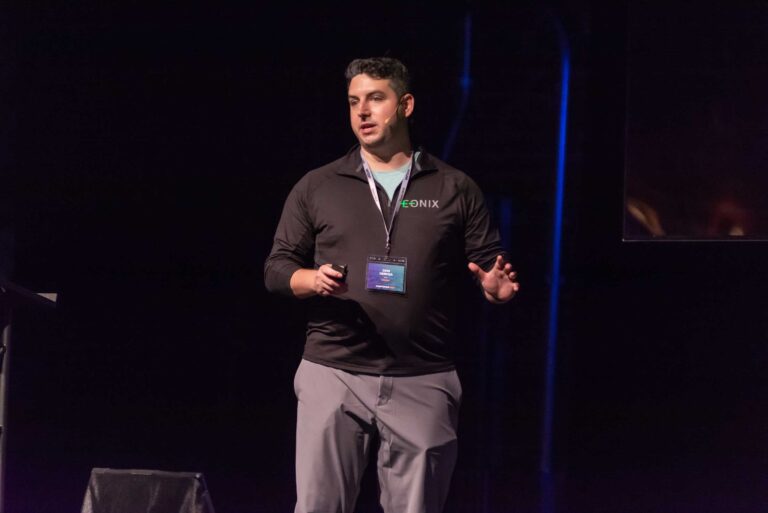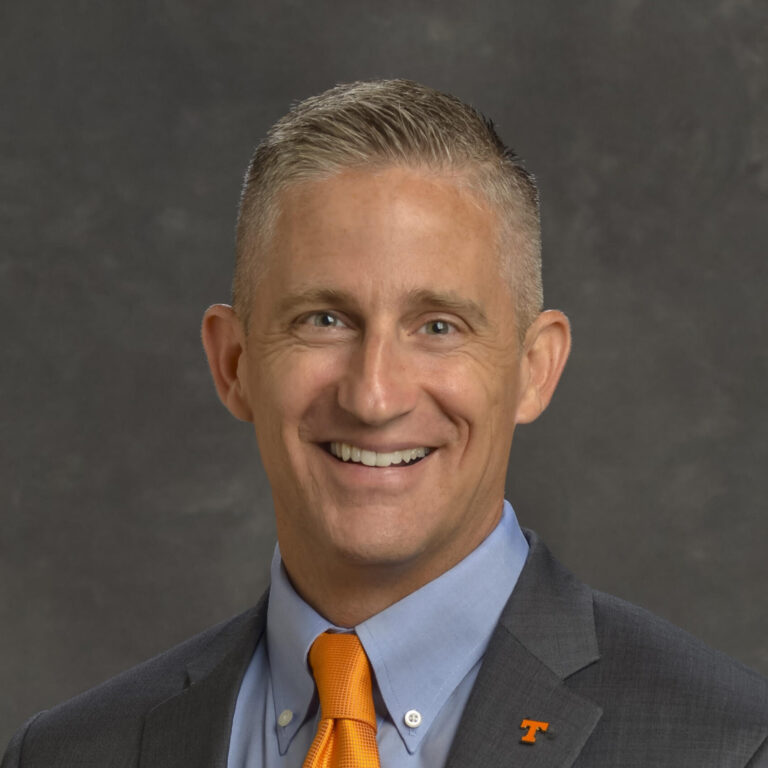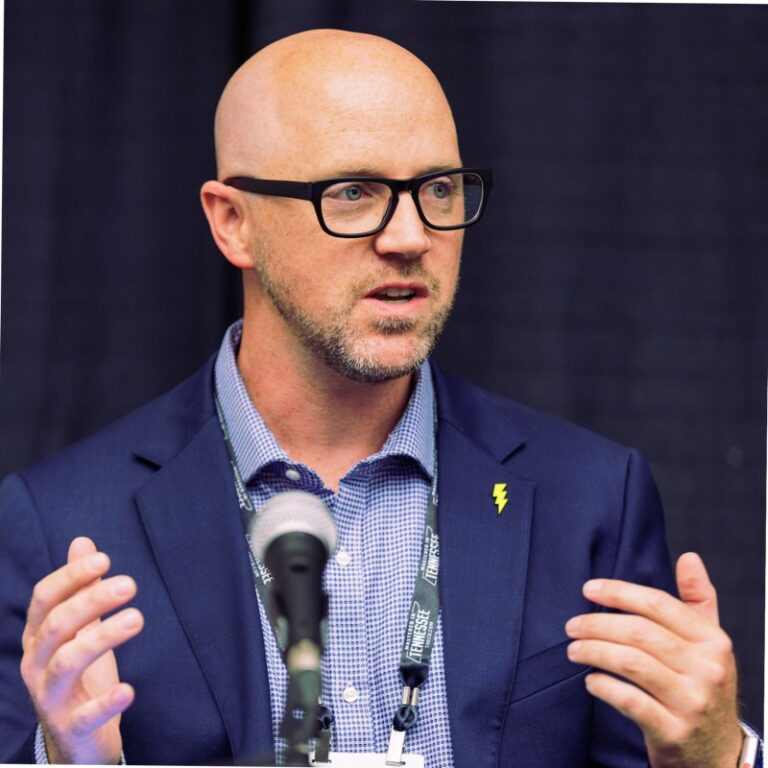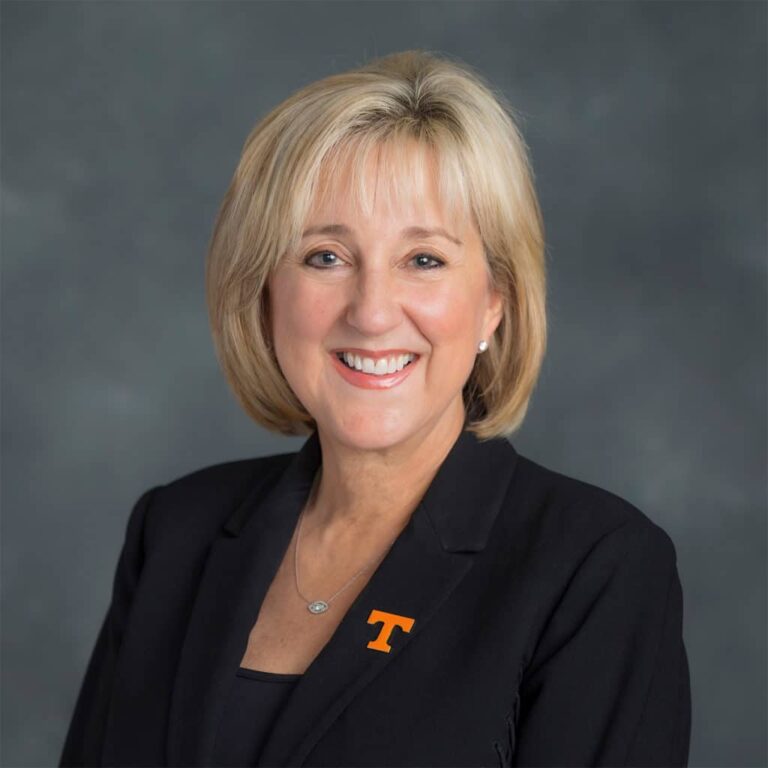Technology Focus Areas

Onboard Intelligent Applications

Network Analytics Services

Vehicle-to-
Vehicle Communications Systems

Vehicle-Grid Integration Services

Transportation Network Systems

Cybersecurity Services

Transportation Network Sensors

Energy- Transportation Integrated Services

6G Wireless Technologies

Short-and- Long Range LIDAR
Ten year impact goals
Generate Regional Impact in Tennessee Over the Next Decade

Workforce Development (WFD)
Support Tennessee’s effort to create new jobs in ICT and provide job seekers with wrap-around services to ensure access to good jobs

Strategic Capital Investment (SCI)
Create an investment fund, expand Tennessee's capture of SBIR and STTR funding, establish investor association

Translation to practice (T2P)
Grow startups and strengthen Tennessee's entrepreneurial culture through community-focused training

Use-Inspired R&D (URD)
Support statewide innovation, derisk technologies, and advance development of minimum viable products
Goals
TEAM TN leadership charged four interdependent working groups, representing more than 50 stakeholder organizations, with developing integrated Use-Inspired R&D (URD), Workforce Development (WFD), Translation of Innovation to Practice (T2P), and Community Engagement strategies. These working groups established the following goals for each TEAM TN focus area.
Use-Inspired Research & Development (URD)
The TEAM TN Engine will power digital innovations essential to advanced mobility through use-inspired R&D (URD) strategies focused on ten technologies: Onboard intelligent applications, transportation network analytics services (public and private), vehicle-to-vehicle communications systems, transportation network systems and sensors (public and private), energy and transportation integration services, vehicle grid integration services, short and long-range LiDAR (light detection and ranging), 6G wireless technologies, and cyber security services.
Our Engine is fueled by a strong and increasingly collaborative mobility R&D ecosystem in our colleges, universities, and at ORNL, where more than 300 investigators conduct mobility and mobility-adjacent R&D estimated at more than $300M annually.
TEAM TN stakeholders are qualified and ready to advance these technologies, representing an estimated $1.8 trillion market opportunity for the state.
- De-risk technologies and create minimum viable products (MVPs)
- Increase the number of invention disclosures filed and licenses executed in our public R&D portfolio
- Engage Tennessee firms in the R&D enterprise
- Develop entrepreneurial talent across Tennessee education institutions—from high school through technical and community colleges and four-year universities
- Support innovation platforms, including shared testbeds, to advance the development and demonstration of MVPs
Translation of Innovation to Practice (T2P)
TEAM TN will use the following strategies, aligned with its 10 technology focus areas, to strengthen tech-based economic development and support high-tech startups.
- Increase the number of startups launched and supported by TEAM-TN partners
- Grow the number of experienced entrepreneurs in TEAM-TN’s startup ecosystem
- Build accelerator programs for pre-revenue/revenue and growth phase companies
- Strengthen Tennessee’s entrepreneurial culture through community-focused entrepreneurship training
Strategic Regional Investment/Capital Investment (SCI)
The mobility of capital is a crucial factor in the success of high-tech startups, especially in the rapidly evolving mobility and mobility-adjacent markets. The creation of a robust capital stack will help companies scale, attract talent, and bring innovative solutions to the market.
- Create the TEAM-TN Investment Fund to make pre-seed, seed, and Series A investments in Startup Generator firms
- Expand Tennessee’s capture of SBIR and STTR funding
- Create the TEAM-TN Investor Association to strengthen and diversify the capital stack and promote partnerships between industry leaders, investors, and startups
- Increase the number of Tennessee-born or -incubated startups exiting through initial public offerings (IPOs) or acquisitions
Workforce Development (WFD)
TEAM TN will reinvent the state’s workforce development initiatives, particularly in the growing advanced mobility value chain. These initiatives leverage the talent, insights, and capabilities of all TEAM-TN stakeholders, foster multi-sector collaborations, and will help learners in all ICT programs develop AI skills increasingly essential to the AI-driven global economy.
- Increase the number of Tennesseans completing ICT programs at all levels
- Increase support for the reskilling and upskilling of ICT workers
- Provide jobseekers with wrap-around services essential to their engagement in the mobility and ICT workforce, ensuring that more Tennesseans have access to good jobs
- Provide learners enrolled in ICT programs with the opportunity to develop AI competencies
Leadership

Marc Gibson
The University of Tennessee, Knoxville,
PI and Interim CEO

Kevin Heaslip
The University of Tennessee, Knoxville,
Chief Research Officer

Kusum Rathore
UTRF,
Chief Investment Officer

Lindsey Cox
Launch Tennessee,
Chief Commercialization Officer

Tachaka Hollins
Tennessee Board of Regents,
Chief Workforce
Development Officer

Quincy Quick
Tennessee State University,
Cross-Sector Partnerships Advisor

Zach Buss
Amazon Web Services,
Industry Advisor

Ryan Stanton
TVA,
Industry Advisor

Jon Shefner
The University of Tennessee, Knoxville,
Inclusive Engagement Advisor
Board members

Brandon Bruce
Market Square Ventures

Gale Jones Carson
Memphis Urban League

Maha Krishnamurthy
University of Tennessee Research Foundation

Vonda McDaniel
Central Labor Council of Nashville and Middle Tennessee

Stuart C. McWhorter
Tennessee Department of Economic and Community Development

Donde Plowman
University of Tennessee, Knoxville

David Salyers
Tennessee Department of Environment and Conservation

Robert Wagner
Oak Ridge National Laboratory

Deniece Thomas
Tennessee Department of Labor and Workforce Development

Michael Torrence
Motlow State Community College

Flora Tydings
Tennessee Board of Regents

Grady Vanderhoofven
Three Roots Capital

Rotating Industry Representative

